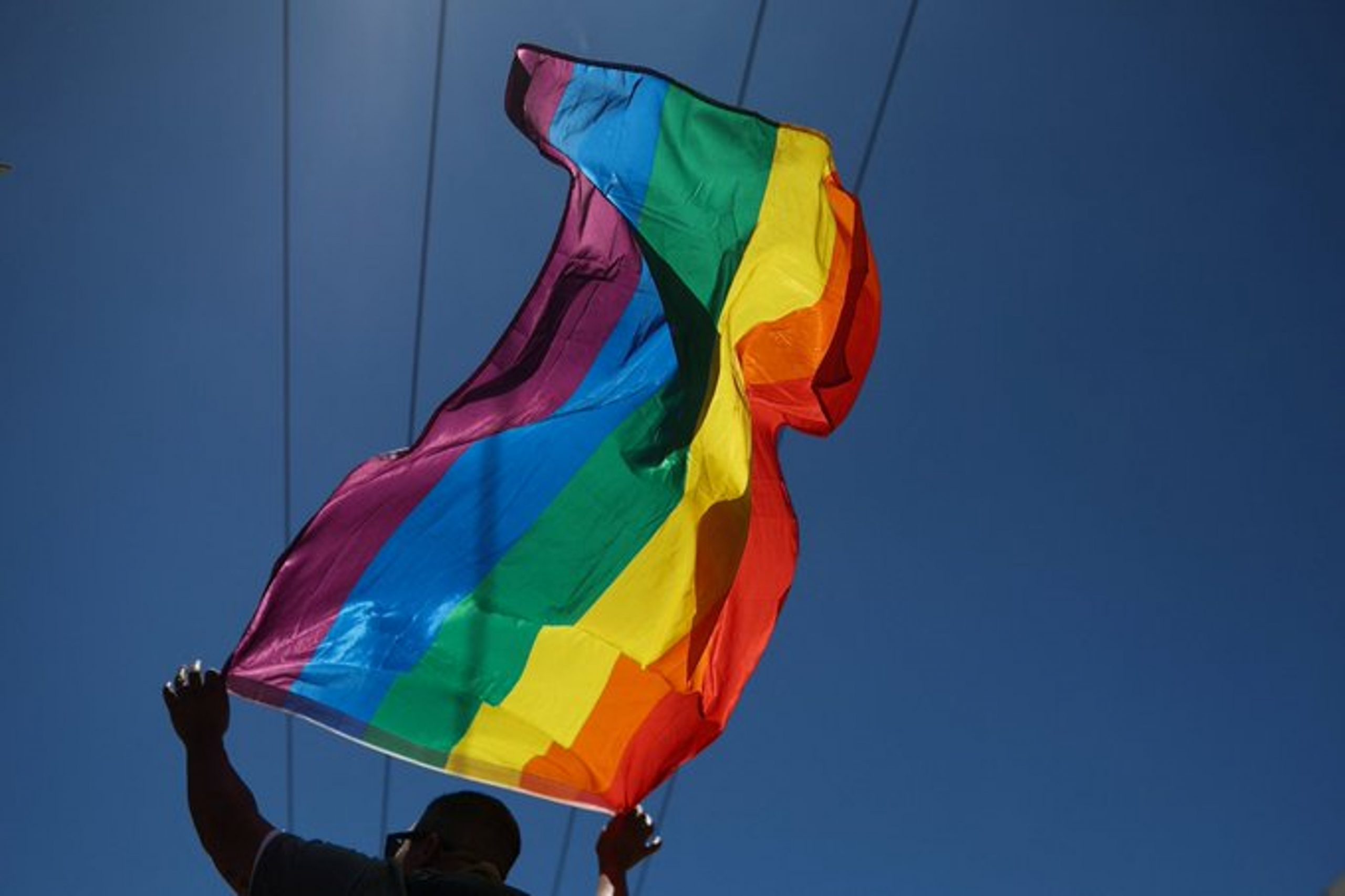News
LGBTQ+ Community in Uganda speaks out against Anti-Homosexuality Bill, 2023
Members of the lesbian gay bisexual transgender and queer community of Uganda have opposed the Anti- Homosexuality Bill, 2023 which was tabled for its first reading on the floor of Parliament on Thursday 9th March 2023.
The proposed legislation is intended to, ‘establish a comprehensive and enhanced legislation to protect the traditional family’, by ‘strengthening the nation’s capacity to deal with emerging internal and external threats to the traditional, heterosexual family” and “protecting the cherished culture of the people of Uganda’.
The Memorandum of the Bill further indicates that it is intended to address the fact that the Penal Code Act’s prohibition of same-sex sexual conduct is insufficient.
In his submissions, the mover of the bill Hon Asuman Basalirwa the MP for Bugiri alleges that homosexuality is a ‘cancer’ eating up the world and a human wrong that needs to be addressed through legislation.
In a statement, members of the LGBTQ community argue that the tabling of this bill follows a period of heightened debate on homosexuality in Uganda documented by various print publication, online engagements, public demonstrations and press conferences by fundamentalist religious groups and politicians.
“The disinformation and misinformation in public dialogues have led to vitriolic physical, verbal and digital harassment, attacks and violations of the LGBTQ+ community,” reads a statement from LGBT Uganda.
“This bill is based on conspiracy theories aimed at erasing the lives of LGBTQ Ugandans. It has created more hatred and violence on an already vulnerable community, and sadly unprecedented harm.” says Dr. Frank Mugisha of Sexual Minorities Uganda.
The statement adds that the bill is a duplication of the nullified 2014 Act with expansion of the offence of homosexuality by making it an offence for one to identify as gay, lesbian, transgender, queer ‘or any other sexual or gender identity/expression that is contrary to the binary categories of male and female.
Basalirwa’s bill further reintroduces the offence of promotion of homosexuality which includes producing, procuring, marketing, broadcasting, disseminating pro-LGBT information, funding and offering premises and other related fixed or moveable assets for purposes of homosexuality – directly targeting LGBTQ focused organizing.
“We are already experiencing denial of health-care services including HIV care and preventation, evictions, family rejections, arbitrary arrests, blackmail, online abuse and calls for the murder of known and/or perceived LGBTQ+ persons,” said a gay man.
“As Ugandan citizens of conscience, we reject discrimination and stigmatization of the LGBTQ persons. We condemn in the strongest terms sexual violence against all persons including children and we firmly believe that the existing legislation comprehensively protects them if enforced,” reads part of the statement.
Adding that “the proposed bill is unconstitutional and regressive in nature and if passed it will curtail public health services, access to justice, housing, association, and conscience among others. We urge the Parliament of Uganda to uphold the principles of non-discrimination and desist from legislating hatred towards any group based on propaganda, myths and personal biases.”
According to the Bill, a person who commits the offence of homosexuality is liable, on conviction, to imprisonment for ten years.
A person who commits the offence of aggravated homosexuality (does the act with someone under 18 years, the offender has HIV, is a parent of the victim among others), is liable, on conviction, to imprisonment for ten years.
A person who attempts to commit the offence of homosexuality, is liable, on conviction, to two years’ imprisonment for two years, while a person who attempts to commit the offence of aggravated homosexuality is liable, on conviction, to a term of imprisonment of ten years.
The Bill also protects victims of homosexuality and bars media practitioners from publishing or mentioning their names without consent from the said victims or court.
“Any editor, publisher, reporter or columnist in case of printed materials, announcer or producer in case of television and radio, producer or director of a film in case of the movie industry, or any person utilizing trimedia facilities or information technology who publishes or causes the publicity of the names and personal circumstances or any other information tending to establish the victim’s identity without the authority of the victim or court, commits an offence and is liable, on conviction, to a fine not exceeding two hundred and fifty currency points,” reads part of the bill.
The Speaker of Parliament Anita Among referred the bill to the Committee on Legal and Parliamentary Affairs which will carry out public hearings and later report its findings to the house.
She urged them to listen to all parties including religious leaders and members of the LGBTQ community.






































2 Comments